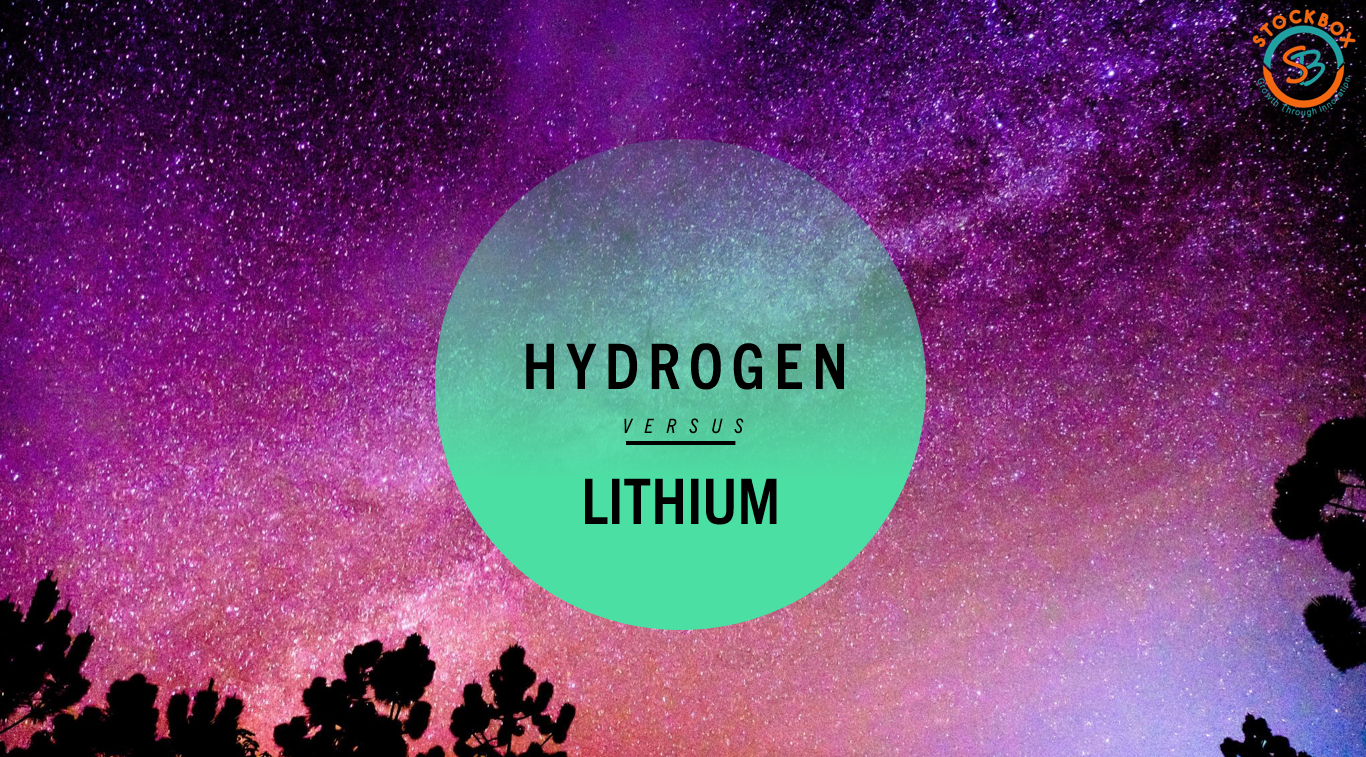In today’s time, hydrogen energy is getting increased attention as a possible game-changer in the transition to a more sustainable energy future. However, traditional energy sources like coal, oil, and natural gas still account for the majority of the world’s energy output.
Although hydrogen energy is a clean, renewable, and diverse energy source, its high production and distribution costs continue to be a significant obstacle. In this piece/video, we will examine why conventional energy sources continue to be chosen over hydrogen and look into some of the factors that have contributed to the delayed uptake of hydrogen energy.
A few of the factors that make hydrogen energy more expensive than conventional energy are as follows:
- Production costs: Steam methane reforming, the most popular way to produce hydrogen, needs natural gas as a feedstock. The procedure is costly due to the price of natural gas as well as due to the energy required to create hydrogen from it. Even if someone opts for electrolysis which is a more greener process of hydrogen production costs even greater than hydrogen produced from steam methane reforming.
- Infrastructure costs: Infrastructure for hydrogen is not as established as infrastructure for conventional energy. Significant capital expenditures are needed to construct hydrogen pipes, tanks, and refuelling facilities, which raises the entire cost of hydrogen energy.
- Transportation Costs: Compared to traditional fuels like oil or natural gas, hydrogen is more expensive to transport due to its low density and lightweight. In particular, long-distance shipping needs high-pressure storage and unique transport containers which are highly capital-intensive.
- Efficiency: Compared to traditional energy sources, hydrogen energy is often less efficient to produce and utilise. For instance, fuel cells have an efficiency of roughly 40–60% and also only around 25–30% of the energy from natural gas is transformed into hydrogen. This implies that to create the same quantity of energy from hydrogen as from traditional sources, more energy is needed.
Cost comparison of electricity produced from hydrogen and conventional energy sources
One kilowatt-hour (kWh) of energy from hydrogen and conventional sources may vary depending on several variables, including the region, the exact production technique, and the state of the market. However, based on the most recent information and reasonable estimates, the costs are as follows:
Hydrogen: Depending on the exact method of production, the cost of creating 1 kWh of energy from hydrogen can vary greatly, however, it is often more expensive than traditional sources.
As per the data of early 2023, depending on the region and particular production method, the price of manufacturing hydrogen by steam methane reforming with natural gas as a feedstock ranges from $1.50 to $5.00 per kg.
Assuming a fuel cell efficiency of about 60%, the price of producing 1 kWh of power from hydrogen would be somewhere between $0.12 and $0.40.
Conventional energy sources: The price of producing 1 kWh of energy from traditional sources can also change based on the fuel type and the area, although it is normally less expensive than hydrogen, often ranging from $0.05 to $0.15 per kWh.
In addition to this, in also all scenarios, the price of hydrogen fuel cells is also more expensive than that of traditional internal combustion engines. For instance, a comparable gasoline or diesel car now costs more than a hydrogen fuel cell-powered vehicle.
However, it’s important to keep in mind that the price of hydrogen energy is falling as technology develops and more effective ways to produce and use it are created. Additionally, some governments are offering subsidies and incentives to encourage the use of hydrogen energy, which may help it become more affordable than other energy sources.

